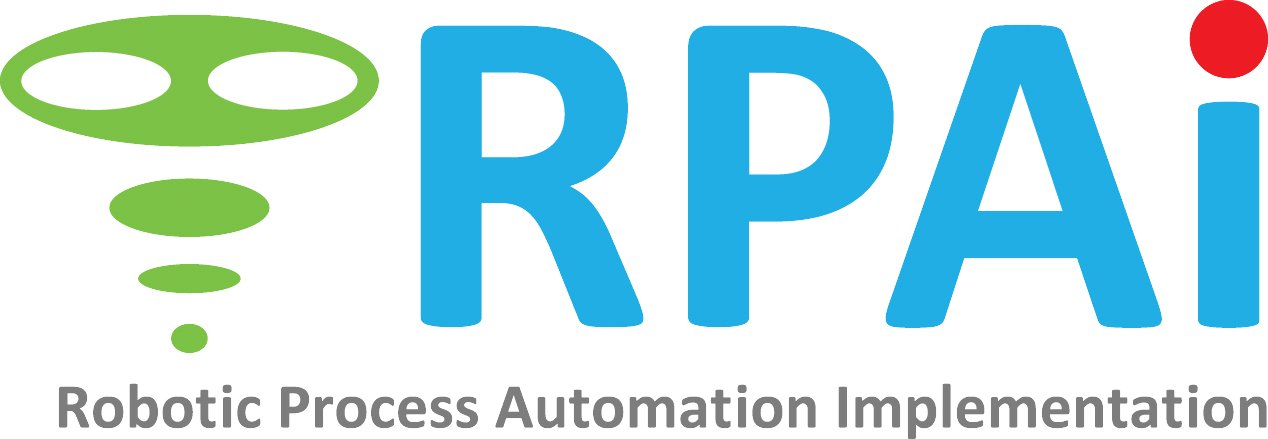Transportation & Logistics
The transportation and logistics industry is a complex and dynamic ecosystem, where the efficient management of goods and services is critical for success. With the emergence of Robotic Process Automation (RPA), this industry has been revolutionized. RPA is a game-changing technology that automates routine and repetitive tasks, streamlines processes, reduces costs, and improves accuracy.
In transportation and logistics, RPA is being used to optimize warehouse operations, track inventory, and streamline supply chain management. As a result, organizations in this industry are experiencing significant improvements in efficiency, productivity, and customer satisfaction.
RPA is transforming the transportation and logistics industry, and it is becoming a vital component in the quest for competitive advantage.
Below are some common use cases that can drive quick ROI:
-
RPA can automate the tedious task of data entry and processing, such as entering shipment information or updating inventory levels.
-
RPA can track shipments in real-time and provide updates to customers or stakeholders.
-
RPA can automatically process invoices, reducing errors and improving efficiency.
-
RPA can ensure compliance with regulations and company policies, such as verifying that all necessary documents are included with shipments.
-
RPA can monitor inventory levels and generate alerts when stock levels fall below a certain threshold.
-
RPA can automate the process of taking orders, verifying payment, and scheduling shipments.
-
RPA can analyze routes and suggest the most efficient routes for delivery.
-
RPA can provide 24/7 customer support, answering frequently asked questions and resolving common issues.
-
RPA can automate the process of forwarding freight to its final destination.
-
RPA can manage carrier relationships, including contract management, rate negotiation, and performance tracking.
-
RPA can optimize dispatching by matching shipments with the most appropriate carriers and vehicles.
-
RPA can automate the payment process, including generating invoices and processing payments.
-
RPA can audit freight bills to ensure accuracy and identify any discrepancies.
-
RPA can automate the process of filing and managing claims, including documenting and tracking claims.
-
RPA can ensure compliance with customs regulations and automate the process of submitting required documentation.
-
RPA can manage vendor relationships, including supplier performance tracking and contract management.
*Click the chat icon to start your conversation right away with Rosie, our AI-powered expert advisor, ready to guide you with free, tailored advice!
